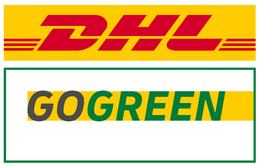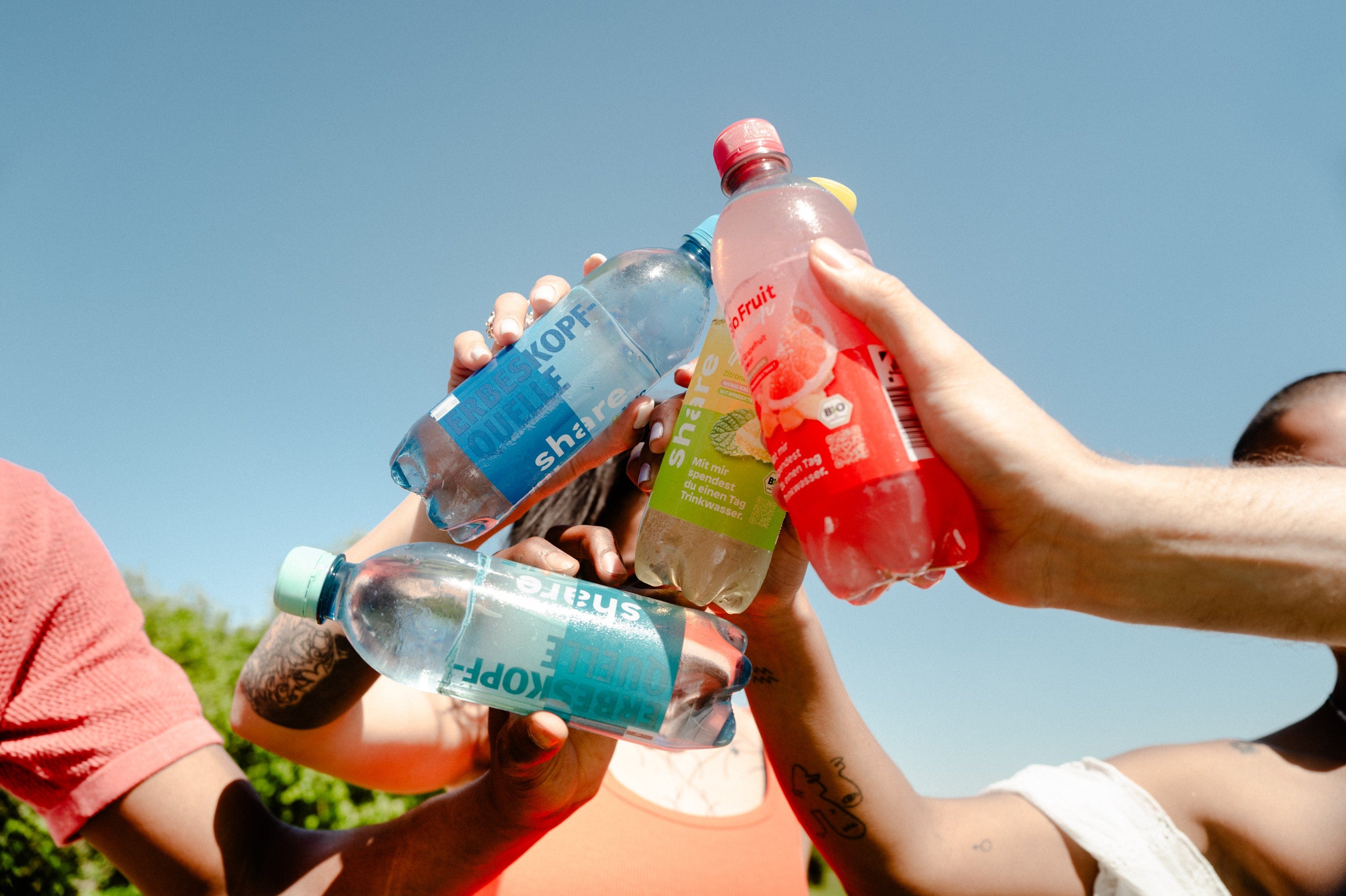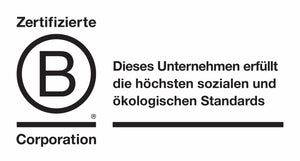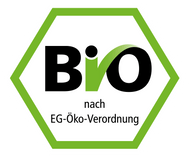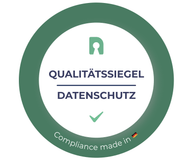
Warm Ears, Warm Nights
Winter is just around the corner and with it the time that we spend mostly within our own four walls. But what do you do when there are no four walls to give you security and the street has become the place you call home?
More than 250,000 people in Germany do not have a long-term roof over their heads. Sleeping, eating, drinking, intimacy - none of this can take place in a protected space. We would therefore like to appeal to everyone: Let us provide warmth!
And that's why the new share beanies make warmth shareable from now on. In four beautiful colors, the soft hats not only keep your ears warm this winter, but also donate money for a night in an emergency shelter for people without a permanent home in cooperation with Caritas institutions.

One Size Helps All
Made from a soft mix of Polylana®, nylon and elastane, the hats with their stylish, wide cuffs snuggle up to your ears. This year, the beanies are available in four great colors: black, gray, petrol and yellow. And no matter which color you choose, every hat provides warmth. Here you can find an overview of all the advantages:
- Made from 35% recycled polyester
- Comfortable, warming feel
- Oeko-Tex Standard 100 certified
- Each hat supports a person in need of housing in Germany or Austria in cooperation with Caritas institutions
Everyone has the right to a warm bed
In addition to the inhumane conditions of living on the streets, homeless people are exposed to constant dangers in their everyday lives, and not just because of the cold. More than 1,000 crimes against homeless people are documented every year. In addition, cities are built in such a way that they are as unfriendly as possible towards homeless people, meaning they cannot always find a safe place to sleep. Bureaucratic hurdles make it even more difficult to reintegrate into society.
Difficult conditions require full commitment. From politicians, from companies, but also from each and every individual. As a company, we also try to do our part: And so every hat sold donates for one night in an emergency shelter in cooperation with Caritas facilities and with the support of Sat1.
This is only a very small part and will not come close to tackling the problem of homelessness – we are aware of that.
FAQ: Everything you need to know about our beanies
By purchasing a hat you donate 1 EUR to the Caritas facilities.
We work with Caritas institutions. There are two main areas for spending the money in Caritas projects that are supported by the sale of the hats: purchasing materials and equipment and providing social care.
The care services aim to provide short-term crisis assistance and long-term reintegration into society, because in addition to bureaucratic hurdles, dealing with the sudden isolation in a room or apartment in contrast to communal life on the street is often a serious challenge.
Various types of accommodation are supported, including short-term overnight accommodation (keyword: cold weather assistance), as well as sick apartments for the care and recovery of sick/injured people, or transitional accommodation that promotes reintegration and preparation for independent living.
We are working hand in hand with our import partner to produce the hats for our 2022 warmth project. Together we decided to produce in China, which already produced the hats for our warmth package last year. We attach great importance to fair working conditions and specifically select suppliers who meet our criteria. It is also important to us to maintain long-term supplier relationships so that we can work together on continuous improvements.
The pre-production of the fibers and yarns also took place in China, so that the transport routes of the raw materials to the production site were kept as short as possible.
We are aware that the long journey that the textiles take is not entirely sustainable. There are several reasons why we have nevertheless decided to do this:
On the one hand, this has to do with the origin of the fibers. In order to create a particularly soft, comfortable hat, we deliberately decided to use the innovative material Polylana® (more on this below), and we can currently only source these innovative fibers from China. For this reason, production in China made sense for us.
On the other hand, this also has to do with the fact that our hats, despite the donation attached to them, should be affordable for everyone. Nevertheless, we are happy to be able to offer a social and more sustainable alternative to conventional textiles in this price segment and are continuing to work on solutions.
The beanies are made from a mix of Polylana®, nylon and elastane. When selecting the materials, we paid attention to both a comfortable feel and ecological aspects. We wanted to create a soft, comfortable hat without using conventional acrylic or wool. That's how we came across Polylana®. The material Polylana® has many advantages: It feels as soft as acrylic, but is produced using less resources than conventional acrylic. The production of Polylana® fibers uses less water and energy than the production of acrylic fibers. Due to the recycled content in the Polylana® fibers, the share hats also consist of a total of 35% recycled polyester, which is obtained from post-consumer material. And thanks to blockchain technology, the Polylana® fibers are also traceable.
Since the Polylana® fibers alone do not provide sufficient elasticity in a hat, the yarn also contains nylon (also called polyamide) and elastane. This creates a stylish hat that is comfortable to wear.
As part of our human rights due diligence obligations, we have various audit steps that we use to monitor social conditions. This includes careful selection of our direct suppliers and partners as well as production sites.
The production facility for our beanies is regularly audited according to both the BSCI standard and the Sedex-SMETA social standard. We check the audit records and look at the evaluations in detail in order to be able to make a comprehensive assessment.
We also ensure that the production facility has a holistic quality management system to ensure both high product quality and a safe working environment.
Since we are not in direct contact with production, we require that our direct supplier has a long-term relationship with the production company and can provide a holistic assessment of compliance with human rights and the improvement of working conditions. This also includes regular on-site visits to the production facility.



